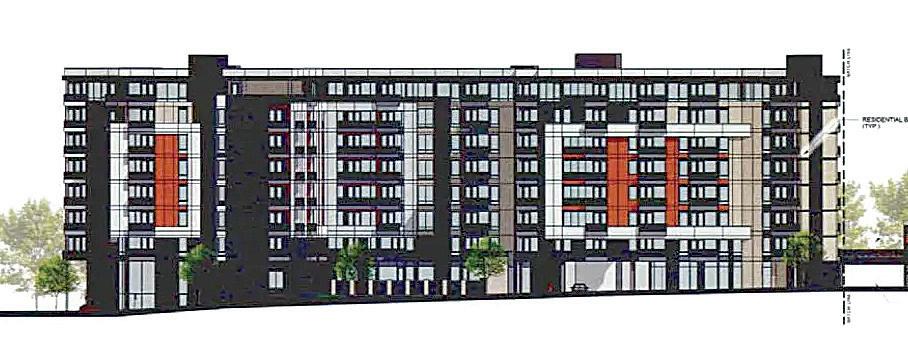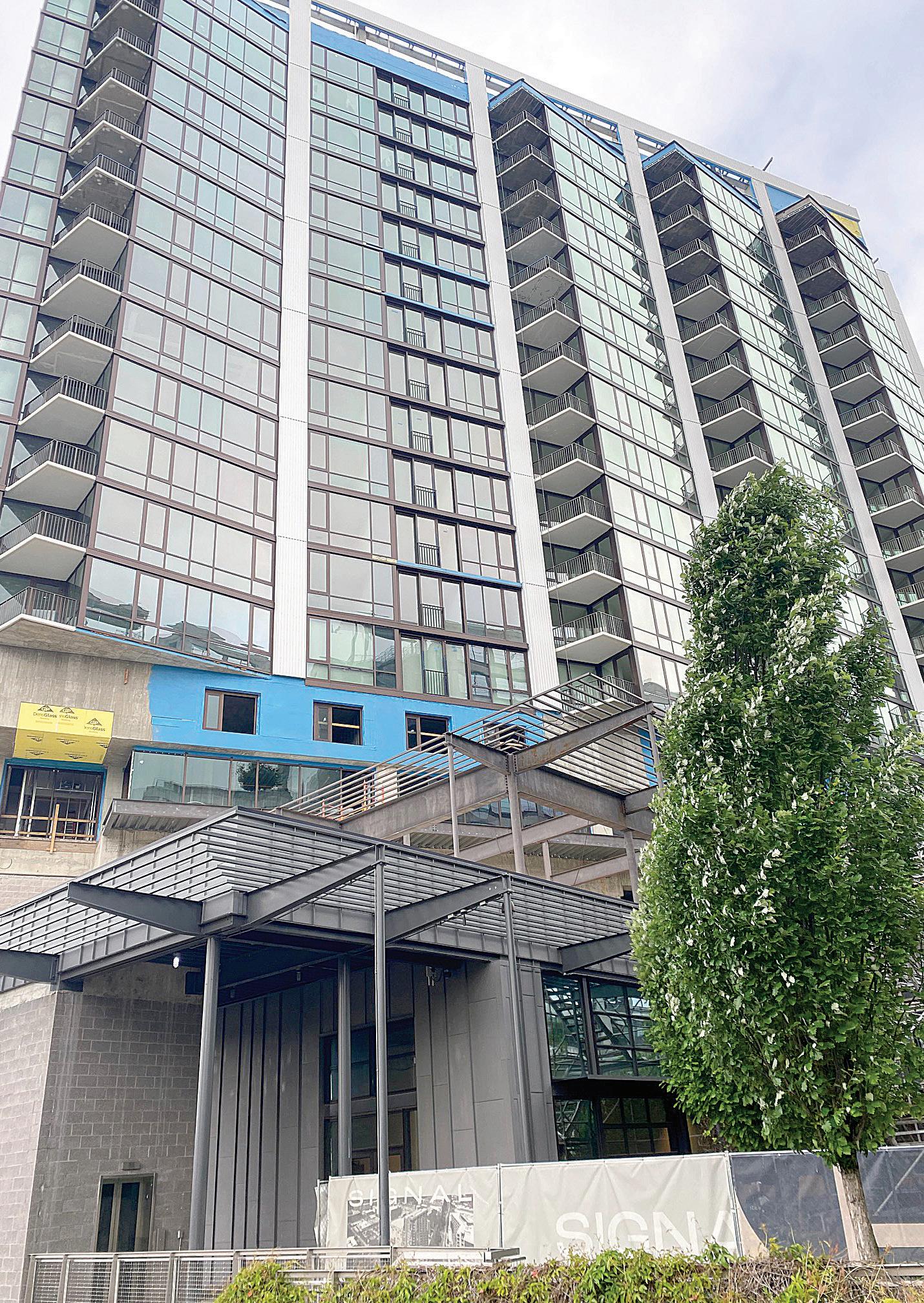
3 minute read
Aging in place options scarce in metro Atlanta
By Cathy Cobbs
The concept of aging in place is a hot-button topic, however, the path to finding viable options for healthy and active Atlantans who are over 55 is elusive.
According to a report by the Office of Policy Development and Research entitled “Aging in Place: Facilitating Choice and Independence,” a combination of demographics and economic shifts is “creating a large and growing need for affordable and ageappropriate housing opportunities.”
“The coming decades, increasing life expectancy, a declining birth rate, and the aging of the baby boom generation will dramatically increase the number and proportion of the U.S. population over the age of 65,” the report said. “This aging of the population presents a number of challenges and unanswered questions, including where people will live and how they will obtain the support and care they will need as they age while retaining as much independence as possible.”
Demographers, according to the report, estimate that by 2040, the U.S. population of those age 65 and older will double to 80 million, and their share of the total population will rise from 13 to 20%, partly because of greater life expectancy along with the trend in reduced birth rates across the nation.
The change is reflected in census numbers is Atlanta and its outlying communities. The 2022 U.S. Census figures show that 17.7% of all Georgians are over the age of 65, while in Atlanta, that figure hovers around 12 percent. DeKalb County's over-65 residents comprise almost 14 percent of its 762,000 citizens, while Fulton County’s older population is around 12 percent. Most of those statistics reflect three-to-four percent increases over 2010 figures, according to the bureau.
The Aging in Place report also discussed the concept of “compression of morbidity,” meaning that people are increasingly able to live actively and largely free of disease until shortly before death.
The report said that most older adults prefer to age in place, either in their own homes or in nearby housing that can be adapted to their changing needs. The report discussed “lifelong neighborhoods that can accommodate residents of all ages by incorporating connectivity, pedestrian access, and transit, neighborhood retail and services, and public spaces for social interaction.”
Options like the report discussed for healthy older citizens in the Atlanta area, however, appear to be few and far between. While it seems that senior living facilities for those with medical needs are on every corner in Atlanta and its outlying suburbs, few communities tout themselves as viable for having “aging-in-place” amenities for adults with no immediate medical needs.
Building community
Many communities, like Belmont Buckhead Village and Mount Vernon Towers in Sandy Springs, focus on options and amenities for seniors who need assistance with activities of daily living, including those suffering from dementia or memory loss, , as well as those needing an escalating level of care.
Ty White of Peachland Homes said the demand for what he terms “lifestyle-targeted” communities for active, older buyers is “tremendous,” but the supply is extremely limited.
White is building a 13-home community in Dunwoody on Roberts Drive called Swancy that is targeted for empty nesters “looking for as much living space on the main floor as possible in the same geographic area where they have been living.”
“Our buyers want open concept, sophisticated but casual, and as little outside maintenance as possible because they travel and have other interests,” White said. “The outside living space is as important as a great kitchen and the master on the main.”
White said his company has received more than 100 inquiries about Swancy, with about 50 percent of them seriously interested in the community. The pandemic, however, and the resultant economic uncertainties, like supply chain issues and labor shortages, have put a serious wrench in the process.
“I’ve been doing this for 32 years, and the last two or three years are the most complicated I’ve ever experienced,” he said. “COVID has caused a lot of stress and uncertainty.”
One development that appears to be successfully serving the demand for over-55 active lifestyle clients is Signal House near Ponce City Market in downtown Atlanta, a 21-story, 162-unit multifamily apartment community that is currently under construction.

According to a press release from developer Jamestown, Signal House is “designed for active adults and the 55+ community with a focus on health and wellness.”
“Signal House will provide a digitally integrated and socially supporting living experience for a non-digitally native demographic,” the release said. “Signal House will cater to a 55+ community that wants the convenience of technology-enabled living without the friction points.”










